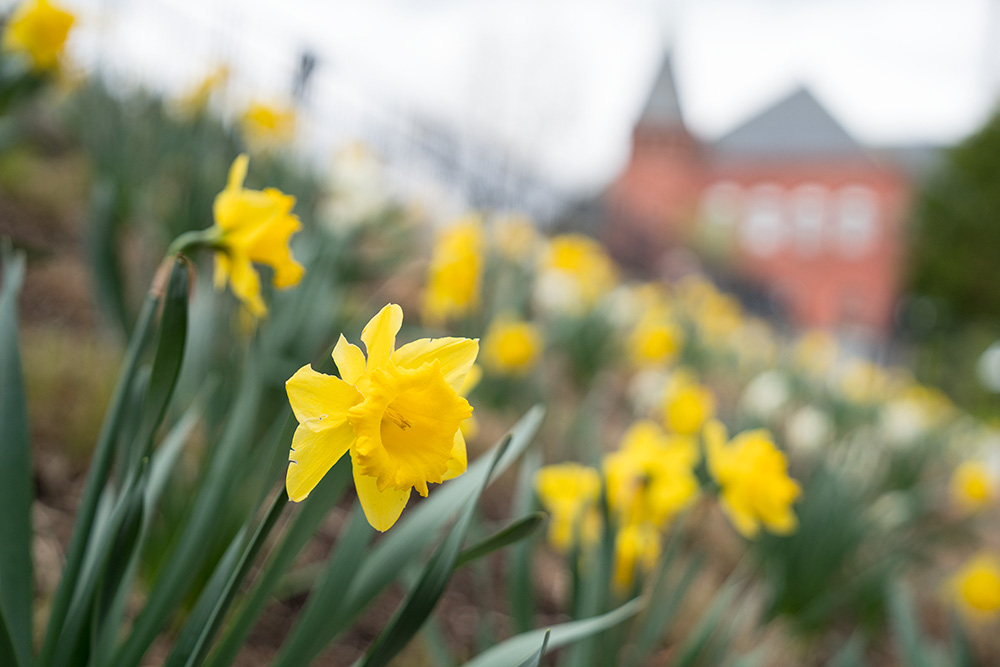Passion for the outdoors and stewardship of the environment is a trait common among Dartmouth students, many of whom spend hours hiking Mt. Moosilauke, hitting the slopes at the Dartmouth Skiway, and canoeing the Connecticut. Although business success and environmentalism may seem to be at odds with one another, these six entrepreneurial alumni are finding ways to bridge the gap between profitability and sustainability, creating businesses that do good while doing well.
SWEEP
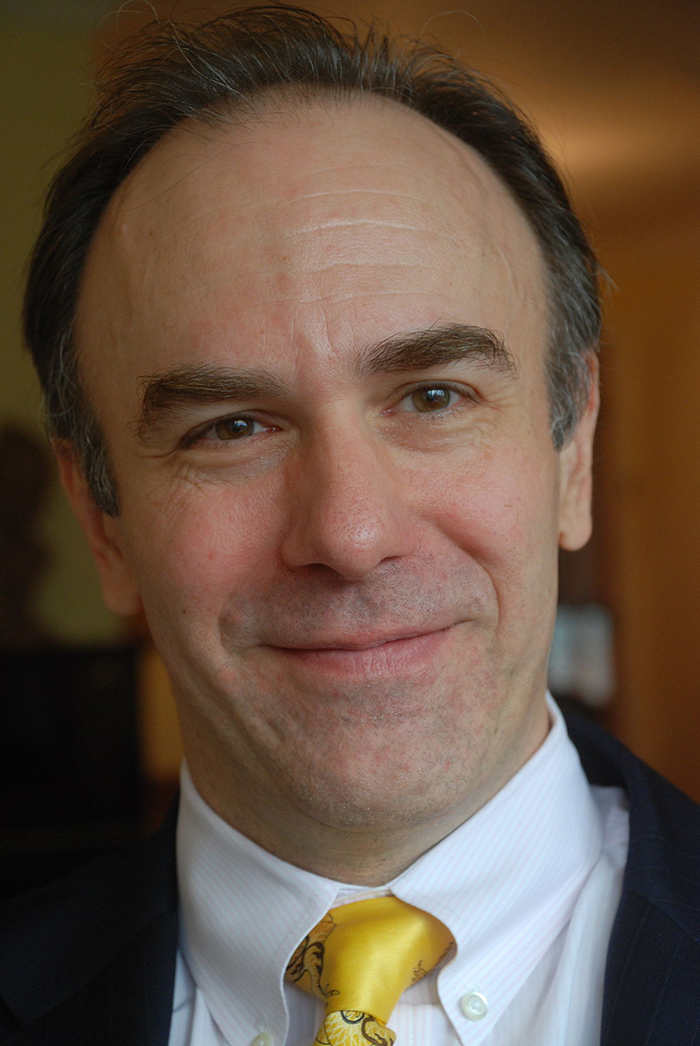
Rob Watson ’84 is known as an international leader in the green building movement. As the founder of the LEED Green Building Rating System, he helped transform the construction industry, giving companies a gold standard for efficiency and environmentalism. Today he is working on SWEEP, the Solid Waste Environmental Excellent Protocol, an environmental performance framework for municipal solid waste programs and the companies that service them.
This program will “create a new definition for sustainable materials management that looks downstream at how discarded materials are processed and define the best use of these materials. We anticipate that this will reduce landfilling and the potent greenhouse gas methane emissions associated with waste, as well as reduce the environmental footprint of product manufacturing,” says Watson.
Watson also notes that these environmentally friendly standards are helpful for entrepreneurs’ bottom lines. “I have yet to encounter a situation where any kind of waste, whether energy or material, is ‘profitable’ or where a more efficient solution doesn’t make more money,” he says.
For individuals looking to make a positive impact on the environment, Watson suggests they begin immediately. “Start by walking the talk. Don’t buy more than you need, whether it’s food or stuff. Use energy when you need it and turn it off when you don’t; consciousness and self-awareness is key,” he says. “Then, as you go about doing things, ask yourself, ‘Is there a better way?’ Who knows, maybe you’ll end up creating a great business and a make major impact solving a problem that annoys you.”
LOLA
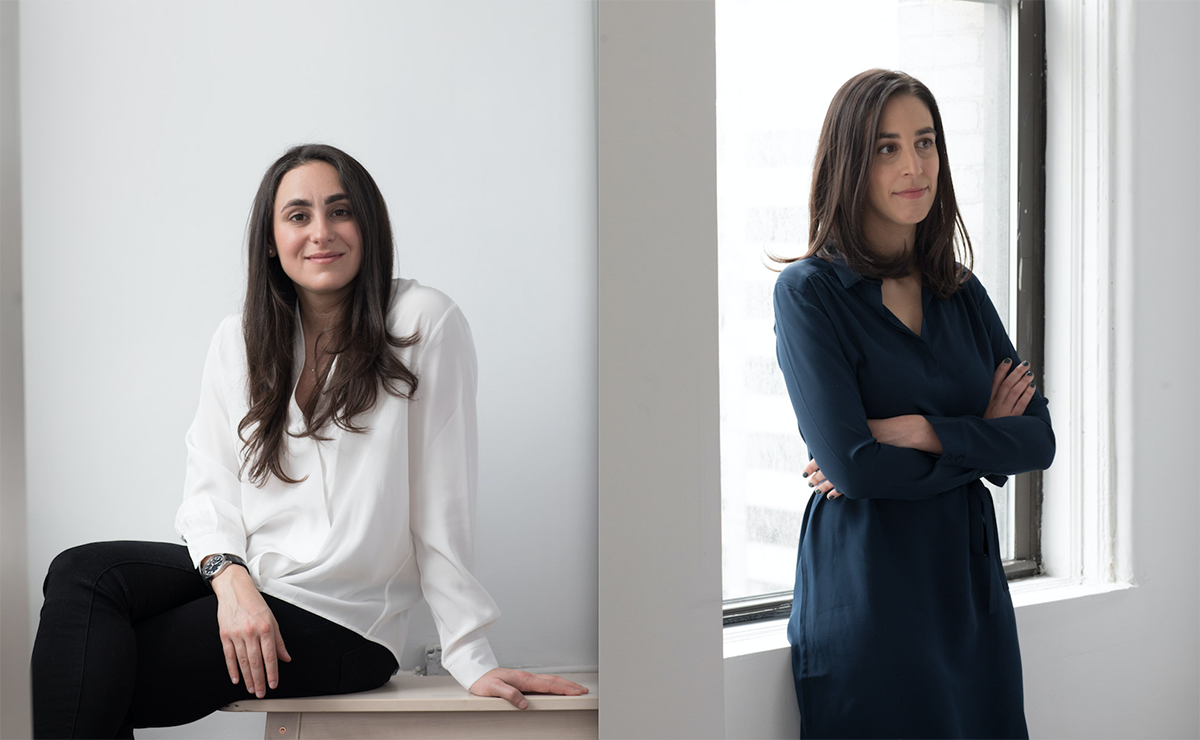
Alex Friedman ’04 and Jordana Keir ’08 founded LOLA to provide women with a portfolio of feminine-care products and information that help them make deliberate decisions about their reproductive health. In addition to their feminist mission, the team is also careful to ensure their products are as safe for the environment as possible. Their products are all made with organic cotton and packaged in recyclable cardboard.
“Our mission has first and foremost been to provide women with ingredient transparency and trustworthy products. And while we know our consumer is cognizant of the products she uses on and in her body, we also know this care and concern extends to other areas of her life,” the duo says. “Our feminine care products were built using one simple ingredient—100% organic cotton—so women can feel better about their reproductive health and environmental impact. While rayon and other synthetic fibers common in feminine care products are cheaper from a production standpoint, we opted for a proven, natural ingredient that also doesn’t require the use of any harmful herbicides and pesticides.”
Friedman and Keir both say their Dartmouth education was intrinsic in their success as entrepreneurs, and each cited an unexpected class that have helped them on their journey. For Friedman, it was a Dartmouth logic course where you studied independently, and then took a quiz every Monday, Wednesday, and Friday. If you passed on Monday, you didn’t have to come the rest of the week. “The class taught me in a very tangible way that learning builds upon itself; if I didn't truly understand the content up front, I would struggle with those fundamentals in subsequent quizzes,” says Friedman. “When running a startup, the basic infrastructure you put into place matters a great deal later.”
Keir echoed this sentiment while talking about a conducting course she took during her Sophomore Summer. “Being a conductor requires a more holistic approach to the music, balancing learning and tuning into each instrumentalists’ lines while making sure you’re proactively moving the piece forward. For our final, we had to conduct a full orchestra. I remember realizing halfway through my ‘test’ that the orchestra had slowed down, because I had started to listen to them instead staying ahead on the beat,” she says. “When running a startup, you always have to think one step ahead and remember how everyone’s work ladders up to a bigger vision. And, it’s crucial to roll with the punches when—not if—things catch up to you!”
In addition to the feminist and sustainable nature of their business, there is also a tremendous philanthropic aspect. Through LOLA Gives Back, the company has donated more than 800,000 products nationwide to women and girls who lack access to feminine care products. On Galentine’s Day this year, they launched the #TamponsAreNotALuxury campaign and donated 100 period products to women in need for every share that used the hashtag. The response was incredible, and LOLA Gives Back donated more than 300,000 products on that single day.
Upper Valley Compost

Jessica Saturley-Hall ’07 is founder of Upper Valley Compost, a curbside compost pickup service that offers clients in New Hampshire and Vermont an easy and affordable alternative to the trash for their food scraps. Clients collect their food waste in a special container each week, and then leave it at the curb or drop it off at one of three Upper Valley Coop locations. From there, Saturley-Hall’s team collects the bin, leaving a clean one it its place and bringing the scraps to their own composting facility and to partner facilities around the region. The finished compost can be purchased by individuals, and is also sold wholesale to organic farms in the area.
Saturley-Hall credits Dartmouth with helping her get started in the composting business. “I signed up for Freshman Trips at the Organic Farm because I thought the other people on a trip to a farm would be friendly; I had no idea I would fall in love with the work itself,” she says.
“Working at the Organic Farm was also my introduction to hot composting—we built piles out of chopped up brassicas, manure, and hay, and then we watched the temperatures in the pile climb. I still remember how astonished I was when the pile's internal temperature hit 160 degrees Fahrenheit after three days. It was the coolest thing I'd ever seen.”
As for balancing business with stewardship, Saturley-Hall says it’s less complicated than one might think. “Starting a business with an environmental mission at its core makes the balance a lot easier. We're already engaged in working to improve environmental processes and outcomes; profitability is what makes it possible for us to continue that work without needing to constantly spend time and energy raising money from investors or writing grants. The stronger our business is, the stronger our voice becomes, and the more effectively we can push social and policy changes that will have positive environmental outcomes.”
Nomad
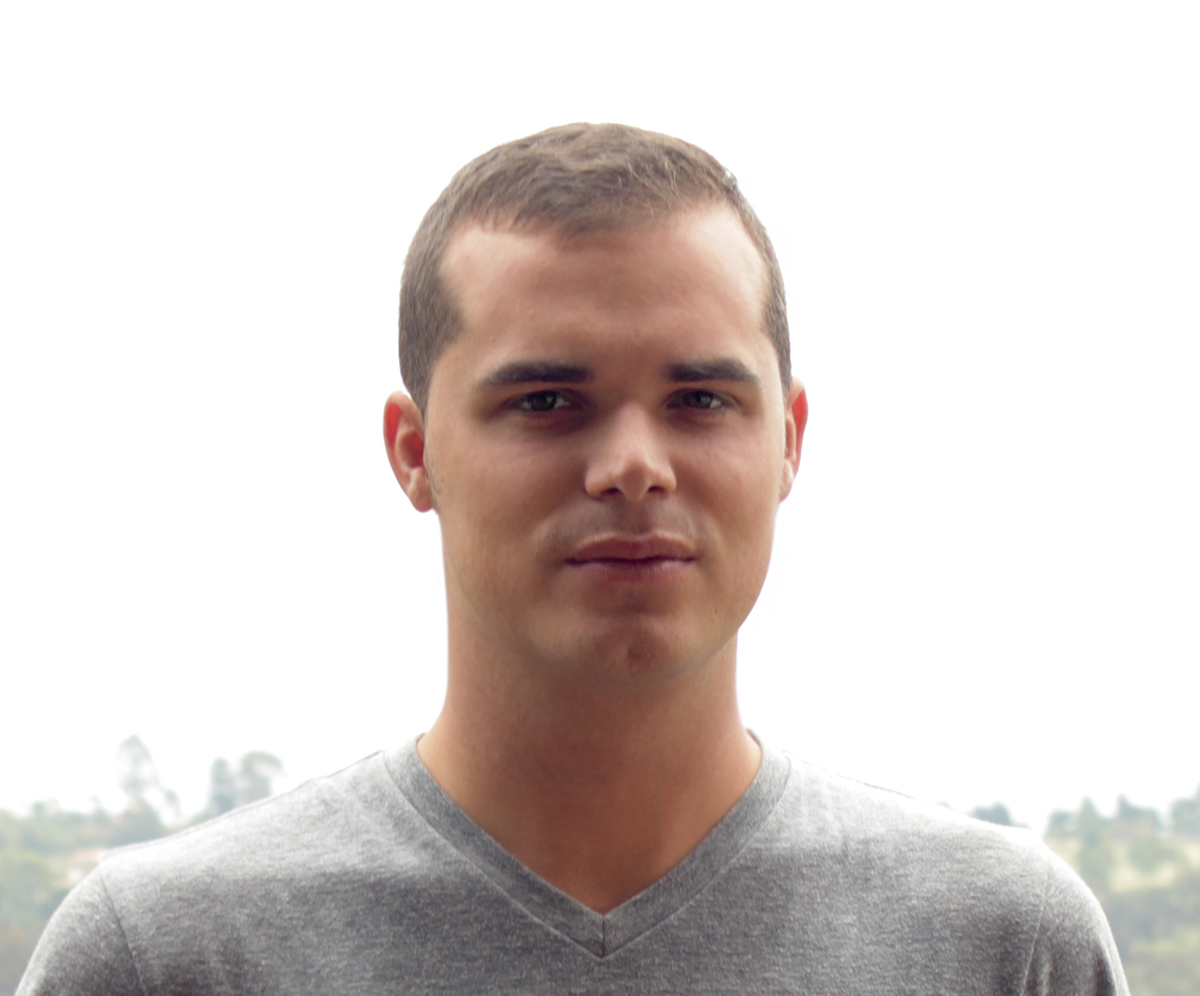
When Noah Dentzel ’10 spent the summer after his freshman year in Kenya, it sparked the idea for Nomad, a company that takes its philosophy from a nomadic lifestyle and encourages minimalism.
“Kenya was a crash course in minimalism, and also in resourcefulness,” Dentzel says. “The people there had very little, yet there were signs of entrepreneurialism everywhere: which crops to farm, when to sell those crops to get the best price, even running a mobile phone charging station from a car battery. Back on campus, I was involved in some DEN activities and I even audited a course on entrepreneurship at the Tuck school that helped get me started.”
Nomad sells technical accessories for mobile devices, like phone cases, smart watch straps, and charging cables, that are crafted from fine, sustainable materials. By purchasing high-quality, thoughtfully crafted items, Dentzel hopes that his clients will need to buy and consume fewer items.
“Owning fewer things uses less energy and fewer environmental resources, and it can also help you focus on the things in life that really matter, which usually aren't things anyway,” he says.
Dentzel admits that balancing profit and environmentalism isn’t always easy, but he takes a practical and considered approach. “One of the challenges we've found is reconciling doing business with doing good and caring for spaceship earth, and while sometimes these missions seem at odds, we take an active approach to discussing our environmental impact and how we can lessen negative impacts throughout our supply chain,” he says.
“We are currently exploring some really cool sustainable materials like recycled leather, and even mushroom and pineapple-leaf-based materials. We also choose to work with more environmentally responsible manufacturers where we can. One of our Chinese suppliers has a rooftop vegetation system that helps purify air from their emissions, and they also generate solar power and have a water recycling system. While there's more that we and our partners can do, being conscious of our environmental impacts and taking initial steps to improve is a step in the right direction.”
As for how his clients can get started with a minimalist lifestyle today, Dentzel is clear: “Invest in quality, but most importantly, invest in yourself, the people around you and in experiences, because you'll carry these with you for a lifetime.”
LuminAID
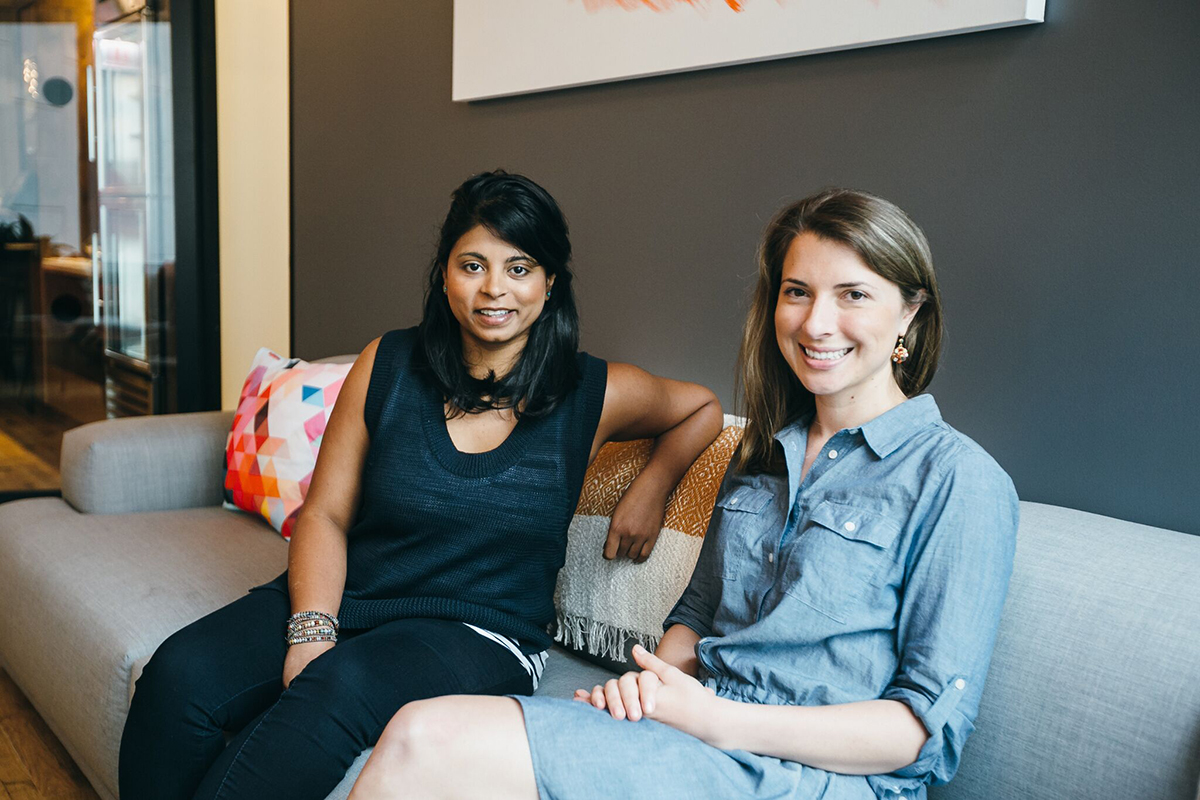
Anna Stork ’08 (right) and co-founder Andrea Sreshta invented LuminAID’s solar lighting technology just after the earthquake in Haiti in 2010. The technology allows for the lights to last for more than 100 hours on a single charge, a tremendous improvement for a disaster victim’s safety and comfort. In addition to her philanthropic work providing these alternative light sources to more than 250,000 people facing emergencies, Stork has also created a profitable business, selling the solar lamps to hikers, campers, and other adventurers who understand the value of lightweight, sturdy energy sources.
Although Stork and Sreshta met and created their prototype in graduate school, Stork says that her engineering courses at the Thayer School of Engineering, combined with a healthy liberal arts background, helped her start get her start with LuminAID.
“I appreciated being able to mix and match courses with the modified major and define my own path that best fit my interests and what I wanted to learn. I love that each student at Dartmouth takes courses in such a spectrum of disciplines and that this is encouraged,” she says. “This support and encouragement for a wide range of disciplines promotes entrepreneurship and creates more well-rounded, capable entrepreneurs.”
Like other sustainable entrepreneurs, Stork says that being environmentally conscious doesn’t hinder profitability. In fact, it’s the very opposite. She says, “Our customers value an environmentally and socially responsible supply chain and will choose LuminAID over someone else because of the materials we use and the efforts we put into being environmentally responsible.”

